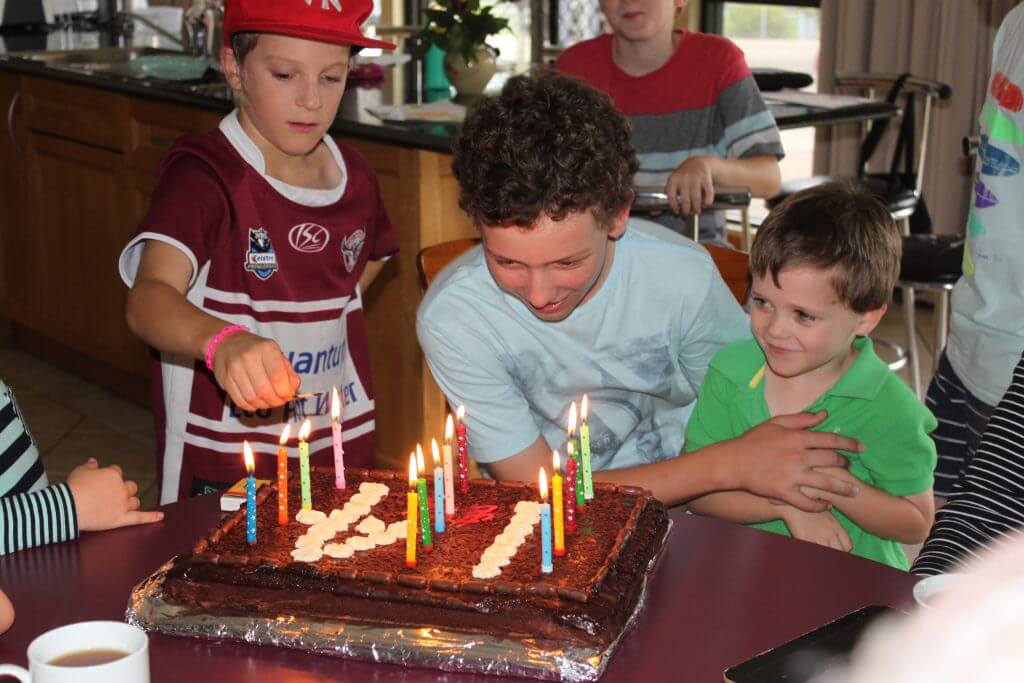When parents bring their child in for an assessment, often they say to me “I’m shocked, I didn’t know that they knew that word branch or the concept of second”. Children surprise their parents everyday with words or sentences that they say. Parents often think I didn’t teach them that, where did they learn that from?
Naturally, children should learn everyday as they explore and experience various situations and contexts. These don’t always have to be new e.g. you may go to the same playgroup every week; but new experiences are exactly that- new and exciting.
Children learn through listening, observation, using their 5 senses, music and many more! I want to talk more about one excellent way that children learn through- MUSIC!
Music is great for engaging children. They love the melodies and actions that can go along with it. The Wiggles, Play School, Hi-5- all massive hits with children. Every child’s movie has music and songs that stay in our heads over and over again (a lot of the time driving parents insane!). Children often can sing Happy Birthday and sing or hum the alphabet song before they are putting full sentences together!
The ABC published an article last week, based on a recent study; saying that music may help babies learn language skills. The study showed that during musical activities stronger responses in the brain were activated in the area that involves attentions and detecting patterns.
So how can you use music to help your child learn or learn more??
One thing you can do is be mindful of YOUR INTONATION (RHYTHM) when talking to your child. When I talk to children, in or out of therapy sessions, I always use a sing-songy voice. By this I mean that I really emphasise and vary my pitch. Don’t confuse this with increase in volume. You don’t need to be talking really loudly. Children really respond to the change in rhythm and it engages them. It switches on their attention. While they are learning, I find that children will actually copy my intonation of words and my actions.
At first when you use a “sing songy” voice, you will feel a bit strange! Don’t be embarrassed, it is about helping your child learn. No one is looking at you funny- unless you start talking to other adults in a sing songy voice (been there, done that!).
It’s simple, requires no props or money. Try doing this with your child during your everyday activities and while you do learning activities. Still continue to do nursery rhymes and songs with them. Regarding, IPads and TV, moderation is the key! But it is always better for them to sing a song with you, than sing with the TV or IPad.


